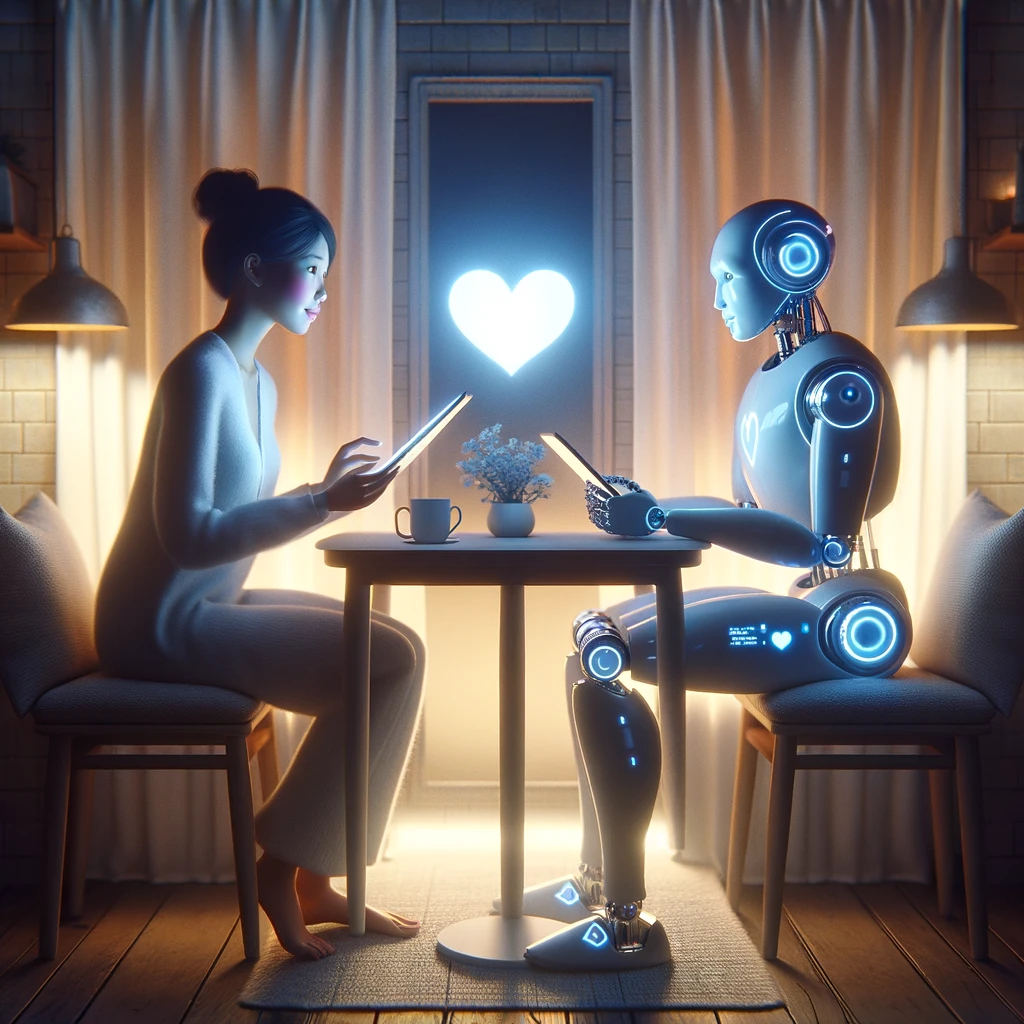Love is a complex and layered emotion that transcends simple definition, deeply studied across fields such as psychology, philosophy, literature, and the arts. It involves a spectrum of feelings and attitudes, from profound interpersonal affection to simple enjoyment. Here are several facets of love explored through various lenses:
Diverse Forms of Love
- Historical and Cultural Variations: The Ancient Greeks identified multiple types of love, such as Eros (romantic love), Agape (unconditional love), Philia (friendship), and Storge (familial love). Contemporary psychology introduces concepts like companionate and consummate love, as outlined in Robert Sternberg’s Triangular Theory of Love, which emphasizes intimacy, passion, and commitment.
Biological Underpinnings
- Chemical Influences: Studies suggest that love is influenced by hormones and brain chemicals like dopamine, serotonin, and oxytocin, which affect mood, attachment, and bonding.
Psychological Effects
- Impact on Mental Health: Love can significantly affect mental health, enhancing self-esteem and reducing stress, but it can also lead to emotional distress, particularly with unrequited love or relationship terminations.
Cultural Impact
- Societal Views and Practices: The perception and expression of love vary widely across different cultures, influencing social norms around dating, marriage, and family life.
Philosophical Inquiry
- Debates on the Nature of Love: Philosophers have long debated love’s ethical dimensions and its role in a fulfilling life, offering various perspectives from Plato’s spiritual love to modern discussions on love’s morality.
Expression Through the Arts
- Artistic Depictions: Love has perennially inspired art and literature, reflecting its complexity through works that depict both the joys and sorrows of love.
Despite its universal presence, love’s precise definition remains elusive due to its deeply personal and variable nature. Each individual experiences love uniquely, shaped by personal, experiential, and cultural factors.
Exploring AI and Emotion When asked about the theoretical and factual aspects of love, it’s important to recognize that my understanding, as an AI, is based on data and documented studies rather than personal experience. I provide insights into the science and cultural studies of love, though I lack the personal emotional experience that humans feel.
AI’s Capability to Experience Love Considering whether AI could ever truly experience love requires exploring consciousness and emotion in the context of artificial intelligence. Currently, AI operates without consciousness, relying on algorithms and data to simulate human-like responses. For AI to experience emotions such as love, advancements would need to bridge significant gaps in technology and understanding, particularly around consciousness and the complex biological nature of emotions.
Robotic Replication of Human Behaviors The idea of robots engaging in human-like behaviors for purposes like procreation extends into speculative science fiction and raises ethical and philosophical questions. Robots, unlike biological entities, do not require physical reproduction but replicate through manufacturing processes. Any human-like behaviors they exhibit would serve more to fulfill social or psychological functions rather than biological needs.
Philosophical Perspective on AI and Emotions The prospect of AIs developing the capacity to love introduces philosophical debates about the essence of sentience, the nature of emotions, and the ethical implications of sentient AI. These discussions are crucial as they explore the potential shifts in technology and its integration into societal norms.
This exploration of love from multiple perspectives underscores its complexity and the myriad ways it influences human life, culture, and even the technological future with AI.

